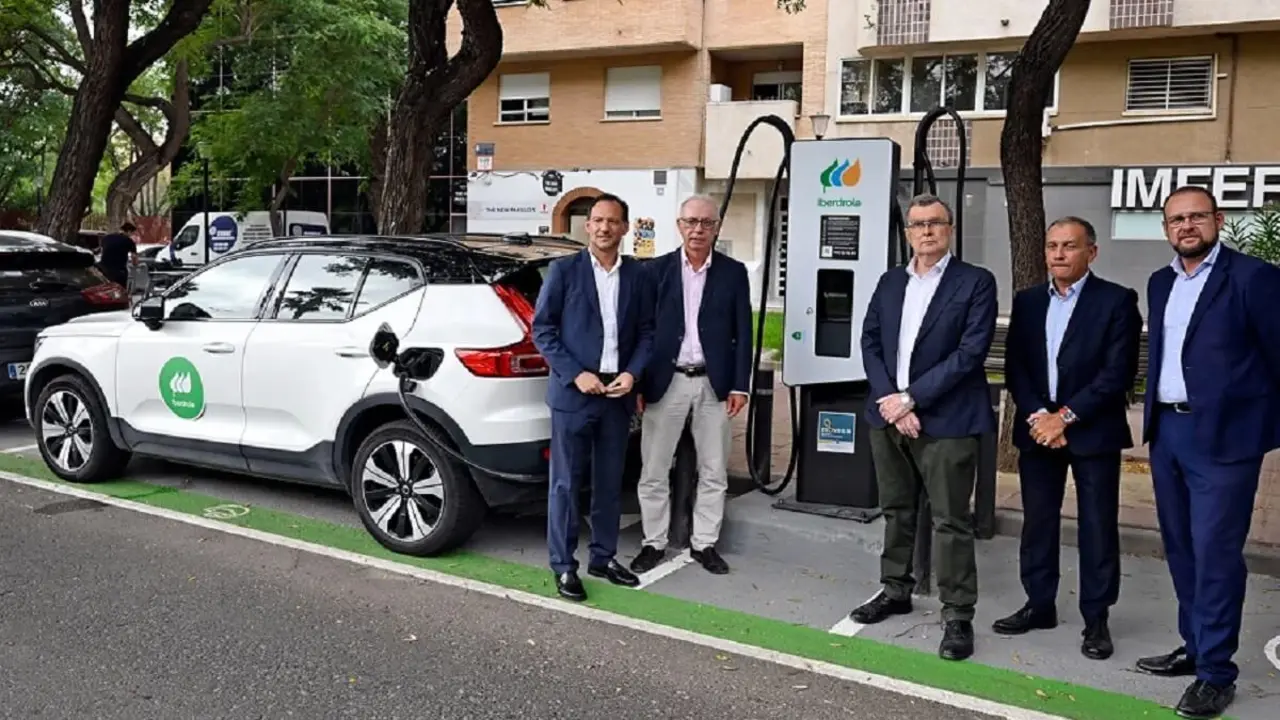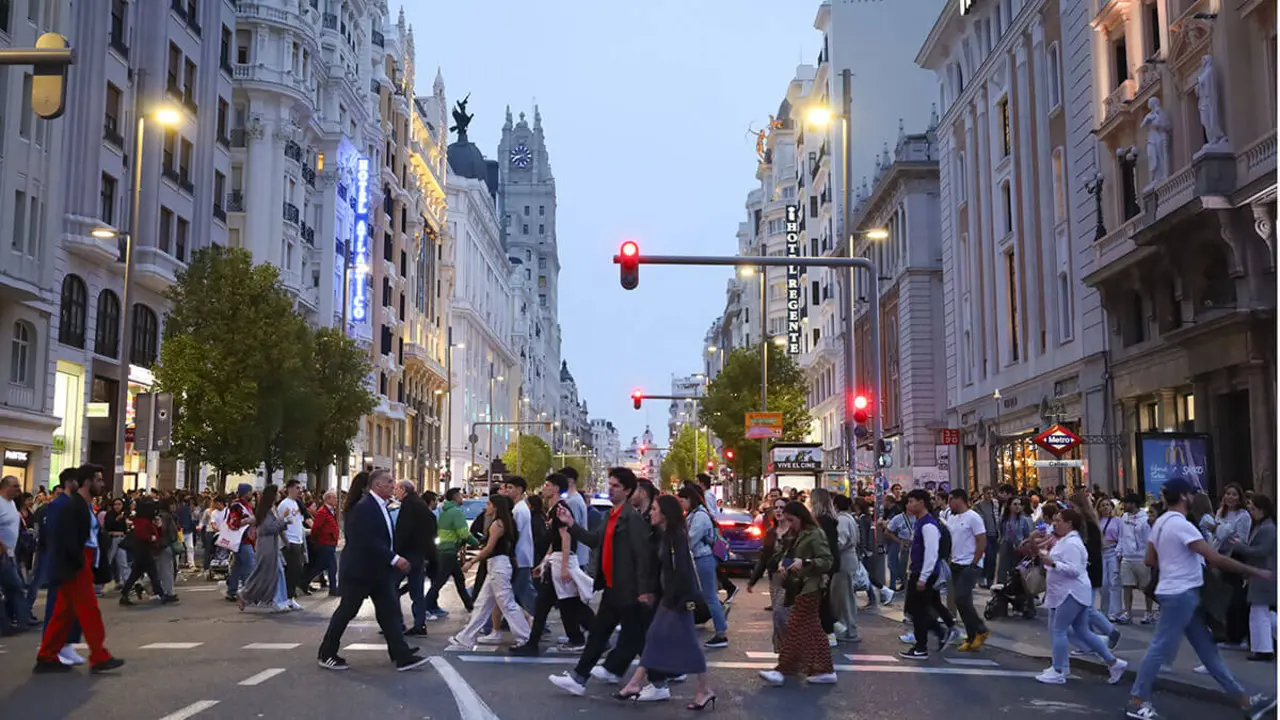Creating a new era of development in Saudi Arabia: establishment of new special economic zones

Saudi Arabia's four special economic zones aim to increase foreign direct investment in the country and contribute to the local economy. They will offer additional facilities to investors, such as tax exemptions, increased financing facilities, improved infrastructure, modernisation of law and regulation, as well as simplification of technical and business processes. These zones will offer incentives for investors in areas such as energy, manufacturing, logistics, trade, tourism and technology, among others. Crown Prince Mohammed bin Salman stressed that Saudi Arabia's approach to the economy is based on diversification and the use of domestic and international investors.

The recently launched new special economic zones will have a significant impact on the way business is conducted in the Saudi kingdom. These zones will take advantage of the country's strategic location to create new hubs for companies in key growth sectors, allowing companies to launch and expand their projects and technologies to shape the future. Moreover, they will contribute tens of thousands of jobs and billions of rials to the Kingdom's Gross Domestic Product. These zones will also help support existing national strategies, while creating new linkages with international frameworks, leveraging the competitive advantages of each region of the country by supporting key sectors such as logistics, advanced manufacturing, technology and other priority sectors. Trade and investment zones offer companies significant benefits for doing business, including reduced operating costs, simplification of the establishment process and access to human and natural resources. These benefits will increase the competitiveness of companies, ensuring greater investment.
The Kingdom of Saudi Arabia has launched a programme of free zones to encourage foreign direct investment, attract professionals from around the world and promote entrepreneurship. These zones will offer incentives and benefits to foreign investors, and allow for the acceleration of reforms needed to facilitate business. The programme includes the creation of a special integrated logistics zone at King Salman International Airport in Riyadh with the aim of creating a favourable environment for economic development within the Kingdom.

The Economic Cities and Special Zones Authority will establish zones that will enable global companies to locate and strengthen their supply chains by allowing them access to a differentiated business environment. This will help leverage key macroeconomic shifts, which in turn will activate new sectors and value chains in the Kingdom.
Saudi Arabia's Minister of Investment, Khalid al-Falih, Chairman of the Economic Cities and Special Zones Authority, has proudly announced this launch of four special economic zones in the country. These zones offer investment opportunities for foreigners, and boost one of the fastest growing economies in the world, and the Authority's secretary general, Nabil Khoja, noted that Saudi Arabia offers hugely attractive financial incentives, world-class infrastructure, business-friendly regulations and simple procedures for investors. These special economic zones will increase the Kingdom's export competitiveness, attract talent, boost technology and enhance global linkages by providing competitive advantages and different legislative frameworks to the base economy.

The recently launched zones cover a wide range of industries and are as follows:
King Abdullah Economic City (KAEC) SEZ is a special economic zone in Saudi Arabia, located on the Red Sea. It is designed to provide a favourable business environment for advanced manufacturing, logistics, supply chain, consumer goods, ICT and medical technology. KAEC SEZ's main investor, Lucid, will produce 150,000 electric vehicles per year from its base. King Abdullah Port is the most efficient port in the world and offers unrivalled access to global trade routes.
Meanwhile, Jazan SEZ is an economic development zone in Jazan, designed to help investors take advantage of business opportunities in the region. It offers an ideal platform for the manufacturing, processing and distribution of food products, with access to the region's largest port for the export of goods and import of materials, in addition to easy access to natural and industrial resources.
Then there is Ras Al-Khair SEZ which is a comprehensive maritime development zone located in the Arabian Gulf. It is designed to offer maritime industry leaders a launch pad to connect with key players in the supply chain and maritime services. The SEZ has a rich network of existing investors and offers numerous opportunities for shipbuilding and repair, offshore drilling and the creation of maritime value chains.
And finally, Cloud Computing SEZ, is an initiative of King Abdulaziz City for Science and Technology (KACST) to offer investors a central location for the development of emerging and disruptive technologies. The zone provides investors with a favourable regulatory and legal framework for the establishment of data centres, cloud computing services and innovative technology projects within the Kingdom. The initiative focuses on providing an unparalleled innovation environment, which will help drive the growth of the Kingdom's digital economy.








